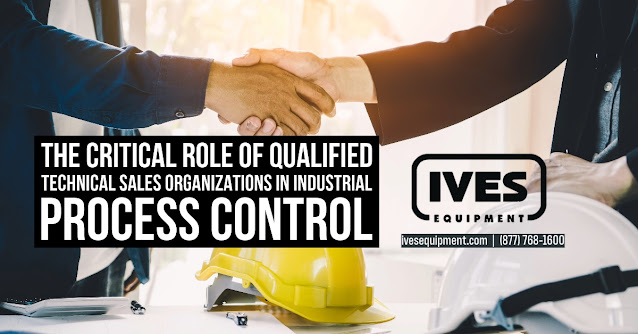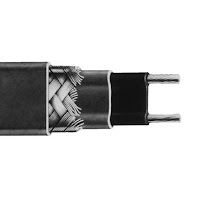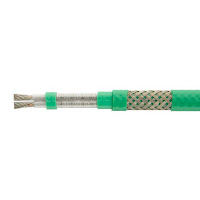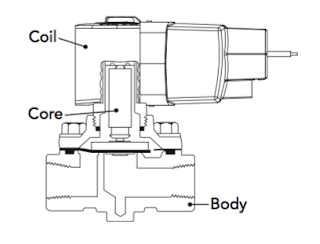As industries evolve and new technological advancements emerge, the role of a highly qualified technical sales organization has become increasingly vital in various industrial sectors. Particularly in industries such as water treatment, petrochemical, chemical, pharmaceutical, food and beverage, and power generation, a specialized technical sales team that sells industrial process control instrumentation and industrial valves is crucial in achieving business growth and success.
- Identifying Customer Needs: A skilled technical sales team possesses the knowledge and expertise to understand complex industrial systems. They can work closely with customers, identifying their specific requirements and challenges, thereby offering tailored solutions that best address their needs. This consultative approach builds customer trust and strengthens long-term relationships.
- Supporting Business Growth: Technical sales teams drive sales and revenue growth by providing appropriate and optimal solutions to customers. They actively seek out new opportunities and target prospective customers with offerings that match their unique needs. Their in-depth understanding of the technology enables them to align the company’s products and services with diverse industrial sectors' current and future requirements.
- Uncovering New Markets and Applications: A highly qualified technical sales team excels in discovering new markets and application areas where their products and services can create value. By leveraging their industry expertise, these sales professionals identify new opportunities and help expand the reach of their products into untapped markets. In doing so, they contribute significantly to the company’s growth strategy.
- Delivering Product Expertise: Industrial process control instrumentation and industrial valves can be complex products requiring high technical knowledge. Sales teams specializing in these products deeply understand their specifications, applications, and benefits. They can explain the intricacies of these products, helping customers make informed purchasing decisions.
- Providing Post-Sales Support: A qualified technical sales team doesn’t just close deals; they provide valuable post-sales support. Whether it’s assisting with installation, troubleshooting technical issues, or training the customer’s staff, these professionals ensure the smooth integration of their products into the customer’s operations. This service fosters customer loyalty and encourages repeat business.
- Mitigating Market Risks: In volatile industries such as petrochemical and power generation, changes in regulations, technology, and market demand can create uncertainties. A proficient technical sales team keeps abreast of industry trends and regulatory changes. They help their organization adapt to these shifts by offering products and solutions that align with the changing market landscape.
- Accelerating Innovation: Technical sales teams act as a bridge between the company and its customers. They collect feedback from customers regarding product performance, needs, and challenges. This feedback helps the company’s R&D team develop innovative products and solutions that meet emerging industry needs.
- Enhancing Customer Satisfaction: By providing tailored solutions, excellent customer service, and reliable support, a qualified technical sales team enhances customer satisfaction. Satisfied customers become brand advocates, leading to increased referrals and new business opportunities.
A highly qualified technical sales organization is indispensable in the industrial process control sector. Their in-depth knowledge, industry expertise, and customer-centric approach drive sales growth discover new markets and applications, and build strong customer relationships. As technology continues to evolve and industrial requirements change, the importance of these technical sales teams will only continue to grow.
Ives Equipment
610-768-1600













